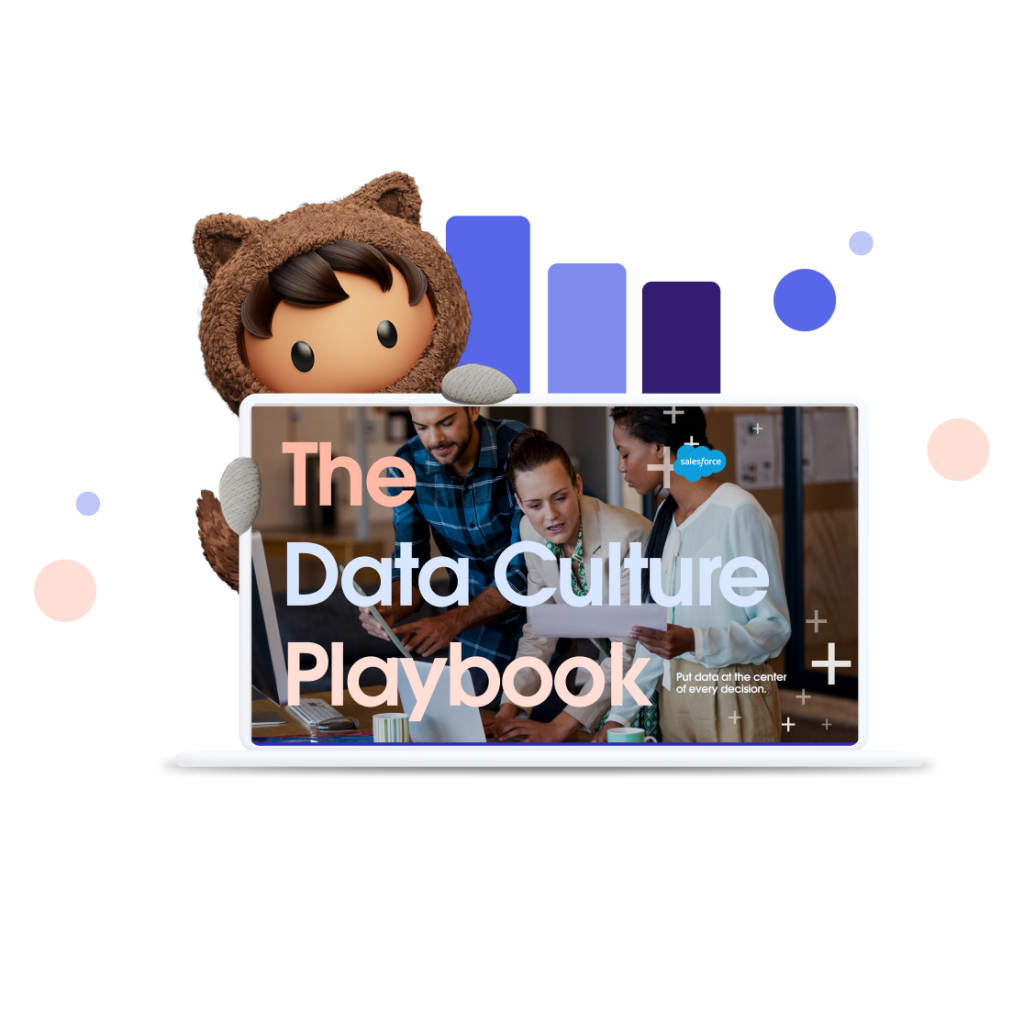The Agentic Enterprise starts with your data: Is yours ready?
Find out what top leaders have learnt.Tableau: Visual Analytics from Salesforce
Humans and agents work together to drive smarter decisions. Agentforce Tableau delivers actionable insights to every user in every industry, right in the flow of work.



Grab a front-row seat to the agentic analytics revolution.
Catch the latest in analytics innovation for the Agentic Enterprise from Dreamforce. Watch the Tableau keynote on demand on Salesforce+.
Set your organisation apart with analytics.






Source: 2024 Salesforce Success Metrics Analytics Highlights. Data is aggregated from 1,536 customers across 9 countries.
With Tableau as the foundation, build your perfect analytics solution:
Deliver high-quality data more efficiently.
Data Management
Access secure, trusted data where you need it by ensuring visibility and control.
Data Integration
Seamlessly connect data sources and boost dashboard functionality.
Explore insights and anticipate needs—faster.
Data Culture
Weave data into the operations, culture, tech and identity of your organisation.
Business Intelligence
Discover answers to business-critical questions with a holistic, real-time view of your relevant data.
Data Visualisation
Tell a story and act collaboratively with visual analytics.
Fuel growth with intelligent actions.
Augmented Analytics
Use AI to automate summaries, personalise insights and explore data with natural language.

12 years strong—Tableau is a Leader in the Gartner® Magic Quadrant™ for Analytics and Business Intelligence Platforms.
To prepare for client meetings, advisors had to reference up to 26 different systems. It would take 3-4 hours to prepare for the meeting. Now, all the information advisors need is right there at the click of a button.
Greg BeltzerHead of Technology, RBC Wealth Management - U.S.

Achieve your AI and data goals with Salesforce CTOs.
Trusted advisors with unmatched Salesforce experience and expertise, by your side.

Transform your company by infusing your data with AI and building a thriving data culture.
Learn new skills with free, guided learning on Trailhead.
Keep up with the latest data and analytics trends, insights and conversations.
Take the next step with the world’s leading analytics platform.
Start your Tableau trial.
Try Tableau for free—a fully-hosted enterprise solution for deep data exploration.
Start your CRM Analytics trial.
Try CRM Analytics for free to get actionable insights within your existing Salesforce workflows.
Talk to an expert.
Tell us a bit more so the right person can keep in touch faster.
Salesforce analytics from Tableau FAQs
Salesforce analytics refers to a portfolio of analytics products delivered primarily through the Tableau brand, including Tableau, CRM Analytics, Embedded Analytics, Tableau Pulse, Data 360 for Tableau, and an ever-expanding lineup of visual analytics tools.
Tableau is the leading analytics and business intelligence (BI) platform from Salesforce that enables everyone to make better, faster business decisions. A powerful visual-analytics platform, Tableau transforms how individuals and organisations use data and insights to solve problems.
Tableau can take data from almost any system—including your Salesforce CRM instance—and provide quick, actionable insights. With the flexibility to deploy on-prem or in the cloud and scale across your organisation, Tableau enables everyone to make data-driven decisions and better serve customers. And with the integrations of AI, Tableau Accelerators, and Customer 360, you can get started fast and stay in the flow of work.
CRM Analytics and Tableau are complementary products from Salesforce. Select the right product for your organisation by determining where your users need to see their insights.
Tableau is an end-to-end analytics platform for a broad range of enterprise use cases. If you need a business intelligence solution that provides actionable analytics across all of your business functions and operations, try Tableau.
CRM Analytics is ideal for teams who need analytics and insights deeply integrated into their Salesforce CRM. If you want to augment any Salesforce Cloud with native, actionable insights in your CRM workflow, try CRM Analytics. CRM Analytics and Tableau are complementary products from Salesforce. Select the right product for your organization by determining where your users need to see their insights.
Tableau is an end-to-end analytics platform for a broad range of enterprise use cases. If you need a business intelligence solution that provides actionable analytics across all of your business functions and operations, try Tableau.
CRM Analytics is ideal for teams who need analytics and insights deeply integrated into their Salesforce CRM. If you want to augment any Salesforce Cloud with native, actionable insights in your CRM workflow, try CRM Analytics.








